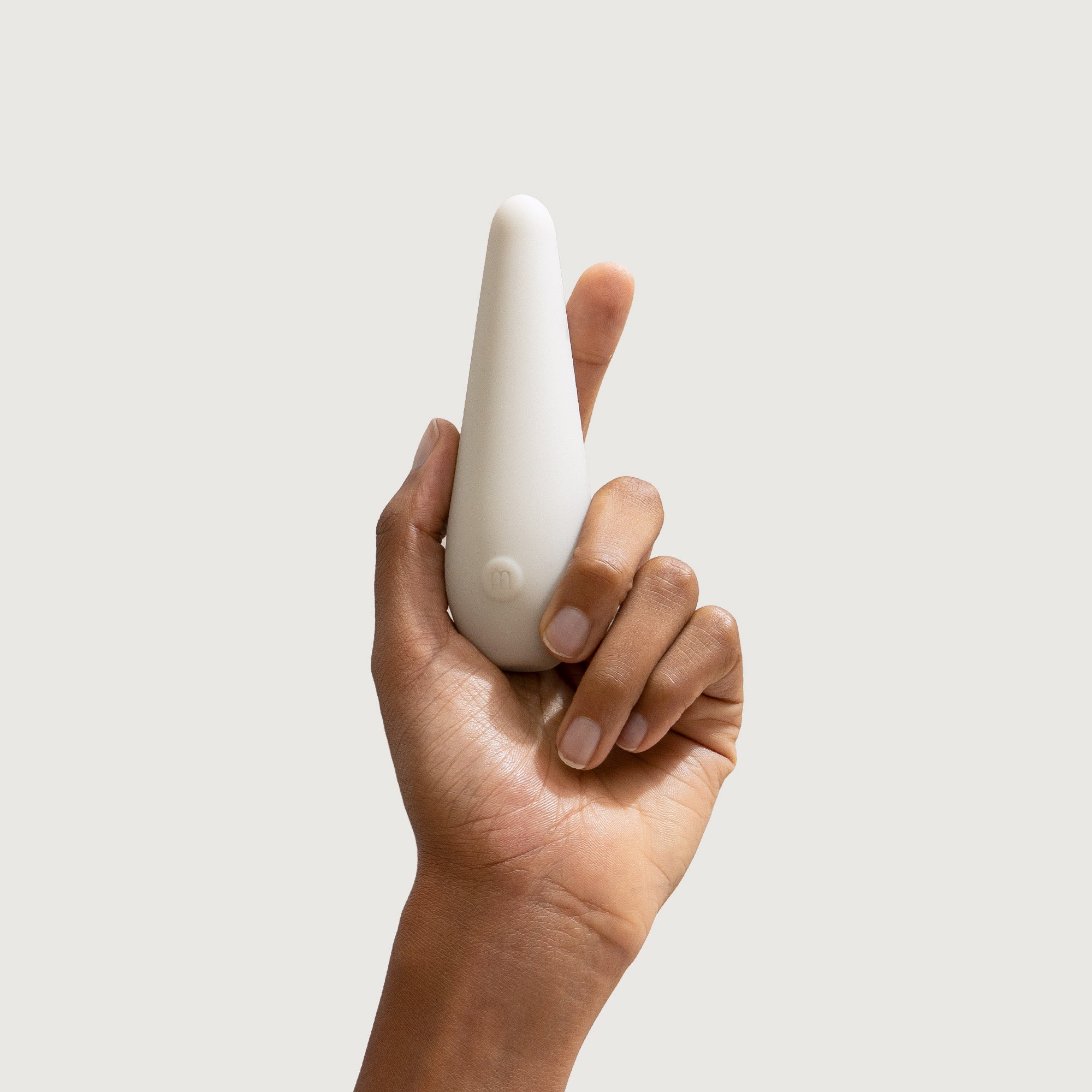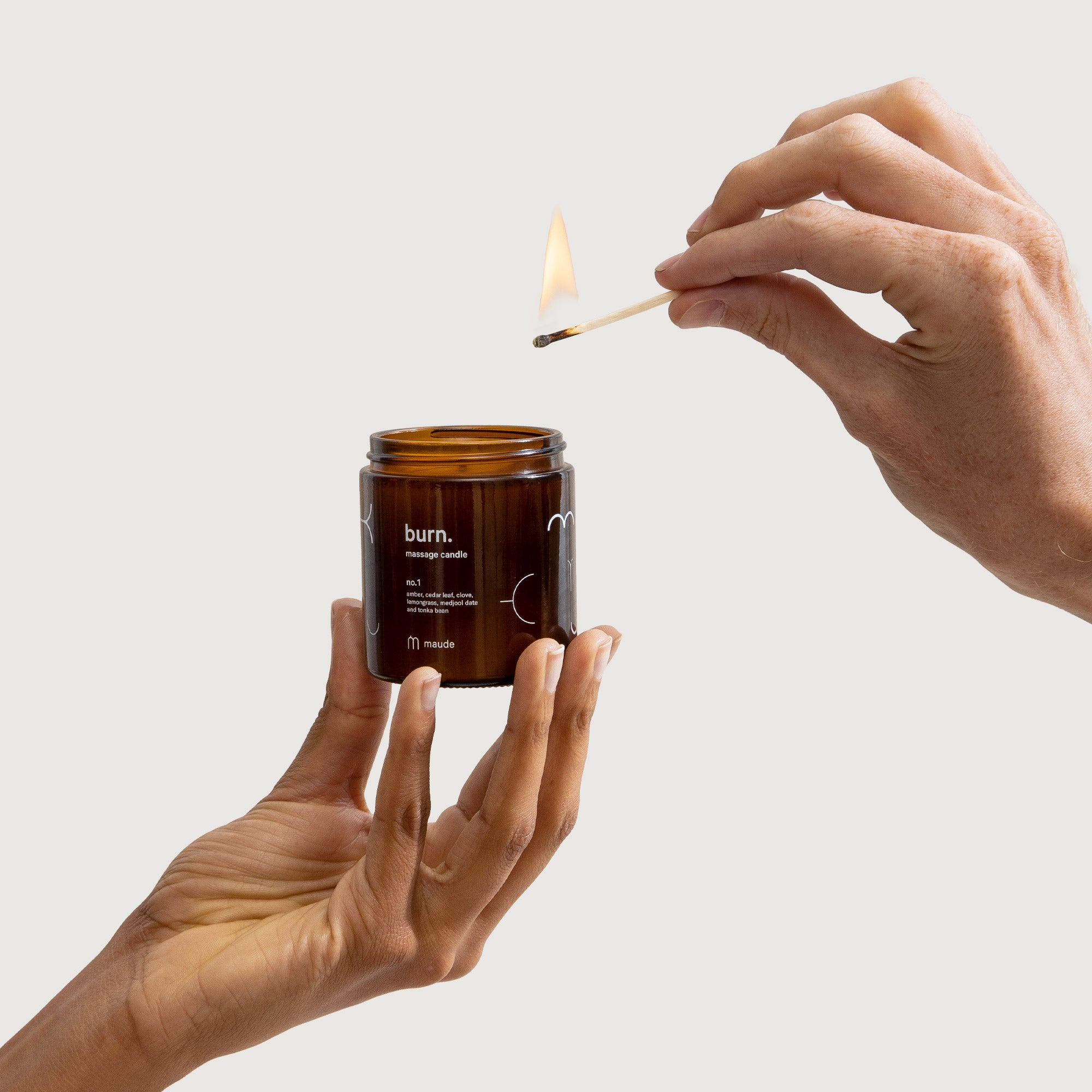What, exactly, IS Gaslighting?

From antique lamps to emotional abuse.
A gaslight is, indeed, a largely outdated variety of light fixtures—but these days, you’re far more likely to hear the term utilized as a verb…with some loaded connotations. The phrase was coined in 1938 in a play (titled Gaslight, shockingly enough), which was adapted for the screen in 1944—the premise of which centers around a man working to convince his wife she’s going mad by dimming and brightening the gaslight bulbs in their home. It’s a story of manipulation: She repeatedly acknowledges the shifting lights to her husband, who in turn, asserts that she's only imagining things (and is, thus, totally nuts).
For years after the release of the film, the term was used esoterically. You might hear it tossed around amongst film buffs, therapists, or academics, but it was hardly mainstream. These days, though, it’s a common colloquialism—and while it can be used regularly in casual, low-stakes scenarios, it pointedly refers to cycles of manipulation or abuse.
For folks who aren’t familiar, the cycle of emotional manipulation that is “gaslighting” involves an abuser misleading their victim into questioning their perceptions of reality. In these scenarios, the victim is often being emotionally or physically abused, and the abuser is consistently making them feel as if the abuse itself is a product of their imagination. Typically, it involves phrases like “I never said that” “It’s all in your head” or “You were the one who….”
The cycle is uniquely disarming because it often urges folks to grow more and more dependent on their abusers, where they feel they’re incompetent or largely nonfunctional without said person’s aid or guidance (in most cases, either a partner or a parent). Let’s say your partner tells you that you’re crazy—and that everyone around you is in agreement that you can’t be trusted. Not only will you begin to isolate yourself from important people in your life, but it’s also possible that you’ll find yourself believing that the only person who will put up with you—or who sees the truth about you—is, well, your abuser.
That said, it is indeed possible to break the cycle—though it’s certainly not easy. Like most things…it all starts with recognizing the pattern. Check in with yourself if you find yourself questioning your perceptions more often than usual. You might be doubting yourself, over-apologizing, or feeling like everyone in your life—not just your abuser—is disappointed in you. In these cases, reach out to a counselor, consult the Domestic Abuse hotline, and do your best to alert other folks in your life to the fact that you may need a bit of help to lure yourself out of the feedback loop.






